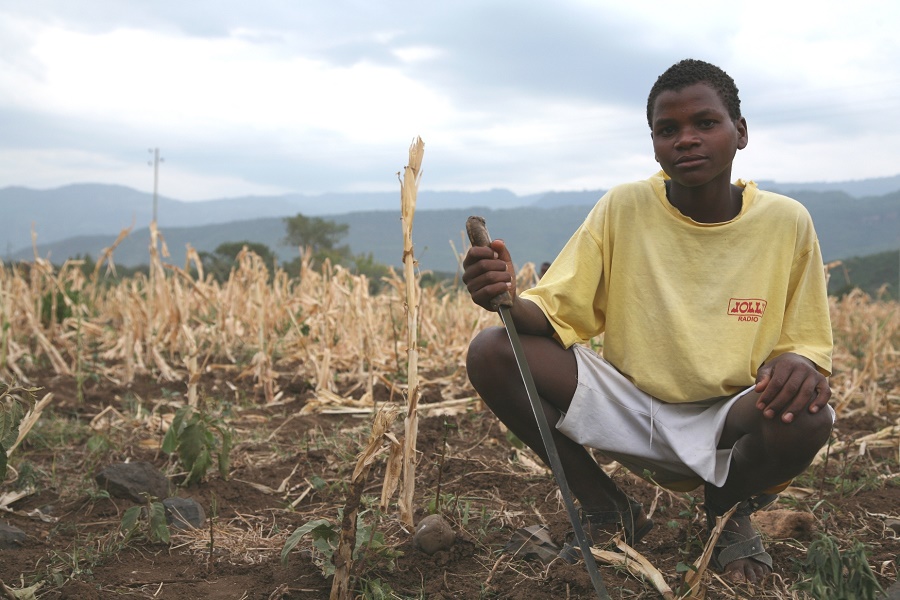UNICEF has issued a stark warning about the severe impact of the ongoing drought in Southern Africa, which is threatening the lives of hundreds of thousands of children across the region. The El Niño-induced weather conditions have led to extremely low rainfall, resulting in widespread food shortages and a humanitarian crisis.
Key Points:
Life-Threatening Malnutrition: Over 270,000 children in the six worst-affected countries are expected to suffer from life-threatening severe acute malnutrition (SAM) in 2024. The crisis is exacerbated by severe drought conditions affecting Lesotho, Botswana, Malawi, Namibia, Zambia, and Zimbabwe.
Food Insecurity and Health Risks: The drought has significantly increased food insecurity, leaving 7.4 million children in these countries living in child food poverty. More than 2 million of these children are surviving on extremely poor diets with limited food diversity. This situation is further compounded by challenges in accessing safe water and sanitation, raising the risk of disease outbreaks such as cholera.
Impact on Children: The severe weather conditions have led to the loss of crops and livestock, critically affecting the availability of food and clean water. The lack of resources is causing severe malnutrition and exposing children to life-threatening diseases.
Statements from UNICEF:
UNICEF Regional Director for Eastern and Southern Africa, Etleva Kadilli, expressed grave concerns about the humanitarian needs facing children due to El Niño. She highlighted the risks of irreversible damage to children's health and growth, emphasizing that international attention and action are crucial to addressing this crisis.
Kadilli also pointed out the importance of innovative and collaborative approaches to mitigate the impact of climate crises. She praised initiatives such as the mother-led care groups in Zimbabwe and the multi-sectoral nutrition programme in Zambia, which aim to support families and build resilience against future shocks.
Recommendations and Calls to Action:
UNICEF advocates for:
Investment in Resilience: Urgent investment and innovation in building family and societal resilience are essential. This includes developing diverse food systems, ensuring clean water and sanitation services, providing climate-informed education, and maintaining climate-responsive healthcare.
Scaling Up Lifesaving Programs: There is an urgent need to scale up lifesaving programs to reduce the risks of increased malnutrition among children. Strengthening national social protection systems is also a key tool in helping families recover from emergencies and prepare for future shocks.
The severe drought in Southern Africa presents a critical challenge to the region's children, with widespread malnutrition and health risks. UNICEF’s call for immediate action underscores the need for global support and innovation to address the humanitarian crisis and safeguard the future of millions of children in the affected countries.

